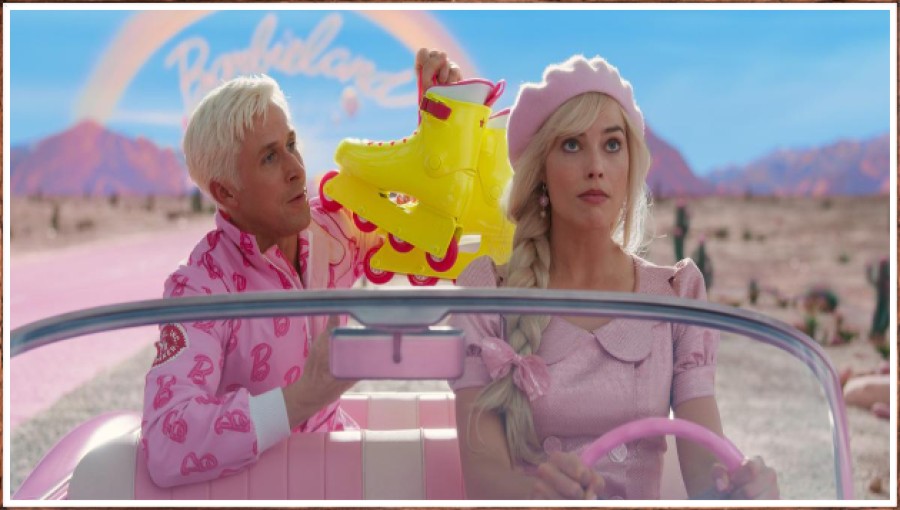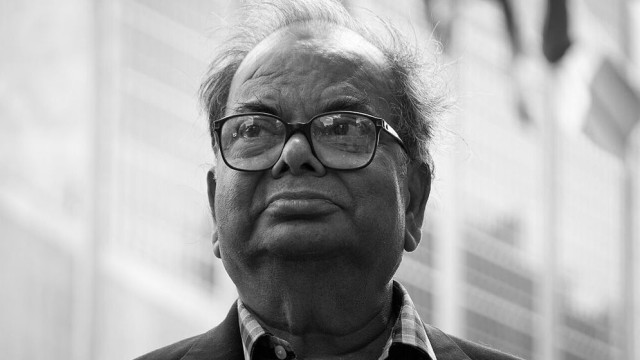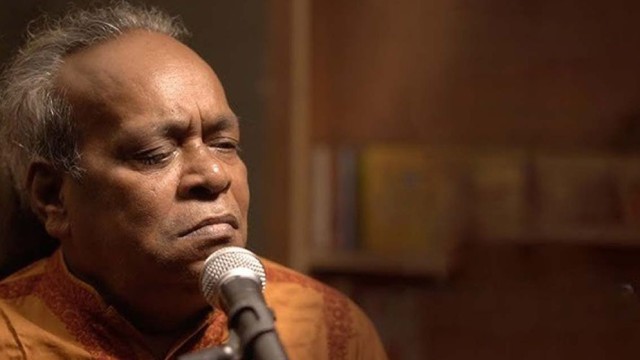The Oscar-nominated "Barbie" movie, a box office sensation grossing $1.4 billion globally, challenges societal norms by juxtaposing Barbie Land, led by President Barbie and female dolls, against the Real World, a patriarchy governed by men. Actor Simu Liu, among the film's cast, reflects on its poignant critique of patriarchy, while experts note its impact on perceptions of gender dynamics, mental health, and body diversity.
The "Barbie" movie is a cinematic triumph that grossed $1.4 billion worldwide and is competing for multiple Oscars. It explores societal constructs by contrasting Barbie Land, a domain led by President Barbie and empowered female dolls, with the Real World, a patriarchy dominated by men. Actor Simu Liu, part of the ensemble cast, reflects on the script and acknowledges its powerful commentary on the damaging effects of patriarchy.
The film depicts Kens attempting to impress Barbies through stereotypical gestures, prompting Liu to reflect on personal experiences and societal norms. It emphasizes that patriarchy adversely affects both men and women, imposing unrealistic expectations and limiting opportunities.
Dr. Ellen Rome, an adolescent medicine specialist, highlights the film's resonance among tweens and teens, who keenly understand the societal norms perpetuated by patriarchy. Boys, in particular, recognize the inappropriateness of objectifying women and advocate for a more empowered depiction of Ken.
In addition to gender dynamics, the movie bravely addresses mental health, depicting Barbie's journey through depression with sensitivity and authenticity. However, there are critiques regarding the lack of body diversity representation, with calls for more inclusive portrayals of Barbies and Kens.
Despite these critiques, the "Barbie" movie receives widespread acclaim for its transformative impact on societal perceptions. Consumer research by Barbie maker Mattel reveals a positive shift in perception, with viewers recognizing the brand as empowering and embracing body diversity. External surveys also indicate increased awareness of workplace patriarchy and improved opinions of women's capabilities.
Actor Ariana Greenblatt, who plays a skeptical teen in the film, acknowledges its profound resonance, as audiences express gratitude for shedding light on important issues. As societal perspectives continue to evolve, "Barbie" emerges as a catalyst for lasting change, fostering dialogue, and challenging entrenched norms.































Comment: